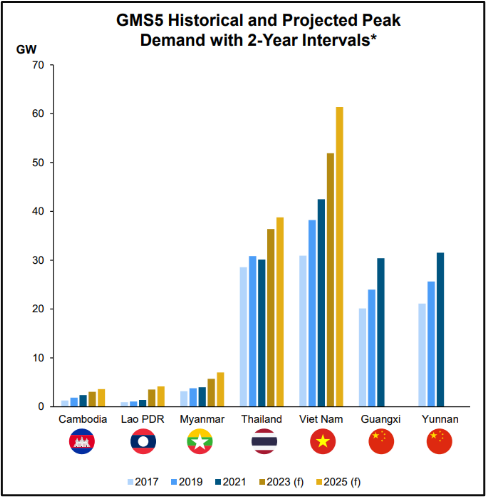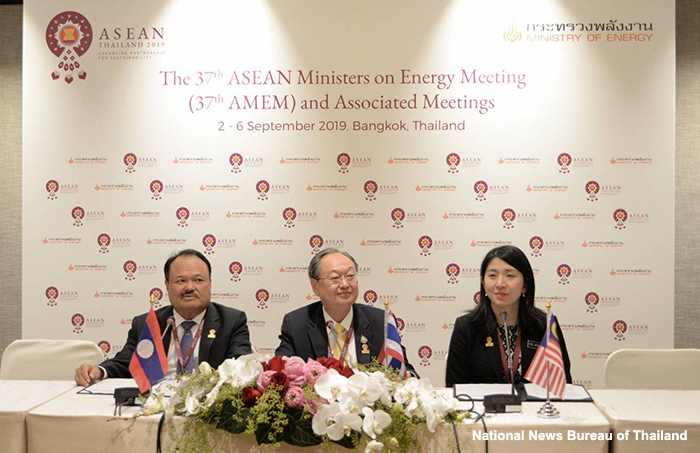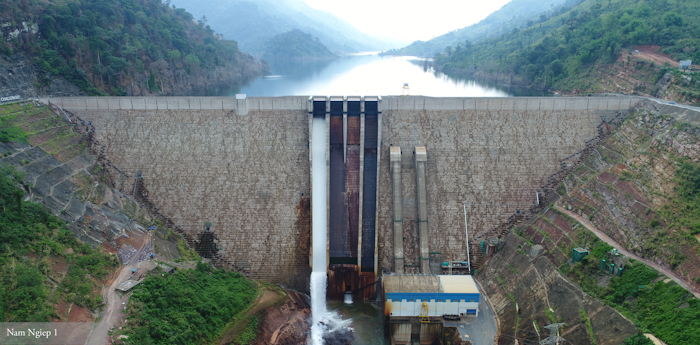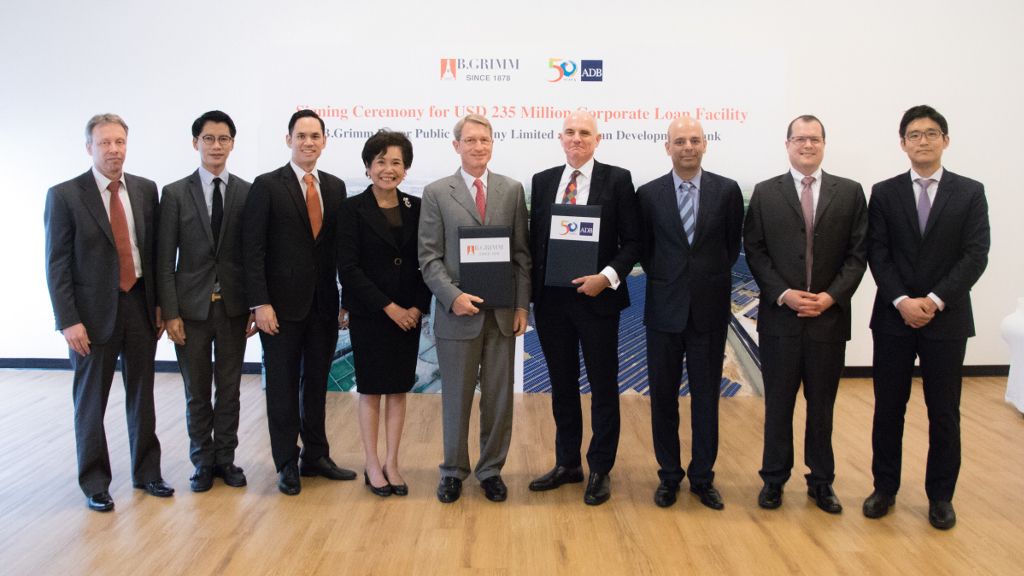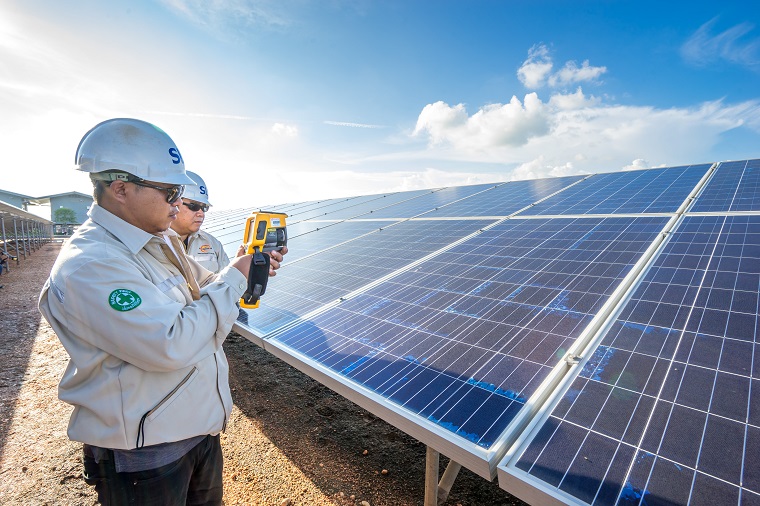
Director of Infrastructure Finance Division of ADB's Private Sector Operations Department Mr. Jackie B. Surtani (third from left) and GED Executive Director Ms. Yupapin Wangviwat (third from right), along with officials from the Japan International Cooperation Agency, Bangkok Bank PCL, Siam Commercial Bank PCL, and Standard Chartered Bank (Thai) PCL, during the signing ceremony on January 22. Photo by ADB.
ADB Boosts Financing for Solar Power Plant in Viet Nam
A $37.8 million loan deal between the Asian Development Bank (ADB) and TTC Energy Development Investment Joint Stock Company (TTC Energy) will provide TTC Energy with long-term financing to develop and operate a 50-megawatt (MW) photovoltaic solar power plant. The solar power plant and its associated facilities will be built in Tay Ninh Province in Viet Nam, and serve the electricity demand of residents and businesses of Ho Chi Minh City and its surrounding areas. This will help reduce 29,760 tons of carbon dioxide emissions by 2020.

